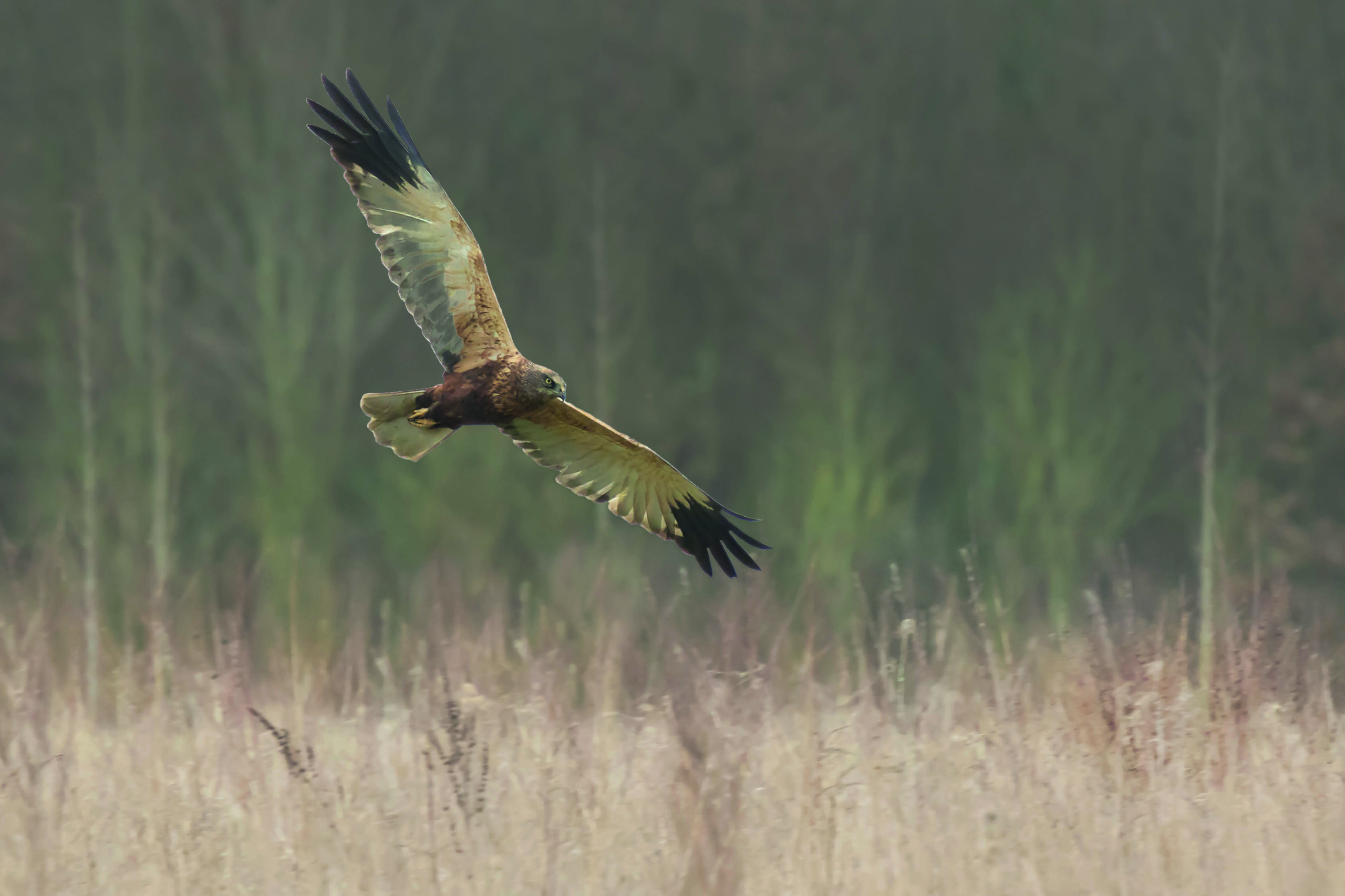Report finds illegal killing of raptors has declined
RSPB’s latest report shows dramatic fall in raptor persecution but it continues to blame grouse shooting and claims bird flu slowed testing.

Illegal raptor persecution has fallen to its lowest level for more than 10 years, according to the RSPB’s annual bird crime report. Birdcrime 2022 details 61 confirmed incidents of raptor persecution for 2022 in the UK, down from 146 incidents in 2020 and 108 in 2021.
The RSPB is keen to attribute these low levels to avian influenza (AI) rather than a drop in persecution. It asserts that many dead birds of prey, collected for AI testing, were subsequently incinerated without undergoing further analysis to determine cause of death. It also cites the low number of raptors tested by the Wildlife Incident Investigation Scheme (WIIS) as another cause of the decreased crime statistics.
The study claims that 64% of confirmed raptor persecution incidents in 2022 occurred on land managed for gamebird shooting and that “raptor persecution on driven grouse moors continues to be an issue”.
Tim Weston, director for conservation, policy and politics at the National Gamekeepers’ Organisation, said: “The facts are that birds of prey are thriving on land managed for shooting. The figures show us that all UK raptors are on the increase and the hen harrier is, in fact ,doing best on moors managed for grouse shooting. Over 100 hen harriers fledged on grouse moorslast breeding season alone — far more than on any so-called nature reserve,” he added.
Natural England has reported that the hen harrier population in the UK is at a 200-year high. Amanda Anderson, director of the Moorland Association, told Shooting Times: “The number of incidents reported this year has nearly halved compared to the same report last year, as part of a dramatic downward trend over the past 12 years.
“Furthermore, we understand the number of incidents linked to areas where grouse shooting takes place is a low percentage of the overall figures, which is to be welcomed.
“Our members have embraced the Hen Harrier Brood Management trial to crack the human-wildlife conflict, and this has resulted in a huge increase in the number of hen harriers in England, with seven successive years of growth,” she added.








